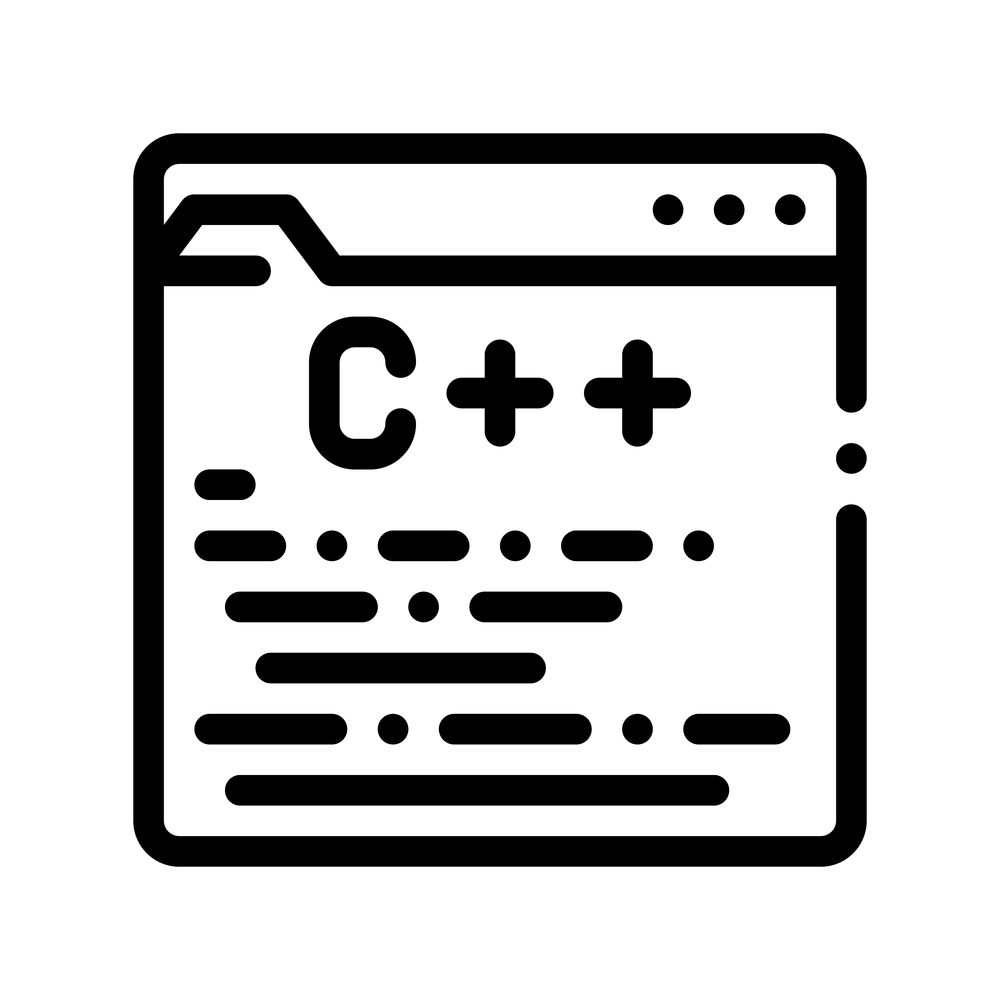 C++’s undefined behaviour impacts safety. Sandor Dargo explains how and why uninitialised reads will become erroneous behaviour in C++26, rather than being undefined behaviour.
C++’s undefined behaviour impacts safety. Sandor Dargo explains how and why uninitialised reads will become erroneous behaviour in C++26, rather than being undefined behaviour.
C++26: Erroneous Behaviour
by Sandor Dargo
From the article:
If you pick a random talk at a C++ conference these days, there is a fair chance that the speaker will mention safety at least a couple of times. It’s probably fine like that. The committee and the community must think about improving both the safety situation and the reputation of C++.
If you follow what’s going on in this space, you are probably aware that people have different perspectives on safety. I think almost everybody finds it important, but they would solve the problem in their own way.
A big source of issues is certain manifestations of undefined behaviour. It affects both the safety and the stability of software. I remember that a few years ago when I was working on some services which had to support a 10× growth, one of the important points was to eliminate undefined behaviour as much as possible. One main point for us was to remove uninitialized variables which often lead to crashing services.
Thanks to P2795R5 by Thomas Köppe, uninitialized reads won’t be undefined behaviour anymore – starting from C++26. Instead, they will get a new behaviour called ‘erroneous behaviour’.
The great advantage of erroneous behaviour is that it will work just by recompiling existing code. It will diagnose where you forgot to initialize variables. You don’t have to systematically go through your code and let’s say declare everything as auto to make sure that every variable has an initialized value. Which you probably wouldn’t do anyway.
But what is this new behaviour that on C++ Reference is even listed on the page of undefined behaviour? [CppRef-1] It’s well-defined, yet incorrect behaviour that compilers are recommended to diagnose. Is recommended enough?! Well, with the growing focus on safety, you can rest assured that an implementation that wouldn’t diagnose erroneous behaviour would be soon out of the game.
Some compilers can already identify uninitialized reads – what nowadays falls under undefined behaviour. For example, clang and gcc with
-ftrivial-auto-var-init=zerohave already offered default initialization of variables with automatic storage duration. This means that the technique to identify these variables is already there. The only thing that makes this approach not practical is that you will not know which variables you failed to initialize.Instead of default initialization, with erroneous behaviour, an uninitialized object will be initialized to an implementation-specific value. Reading such a value is a conceptual error that is recommended and encouraged to be diagnosed by the compiler. That might happen through warnings, run-time errors, etc.

Add a Comment
Comments are closed.